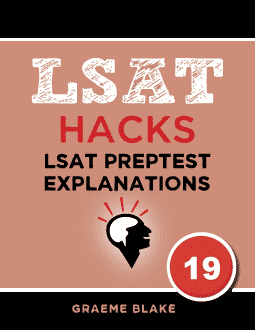DISCUSSION: The court recognized that there is a difference between throwing an object on the side of the road and carefully placing an object with a loved one during a funeral ceremony.
So the court considered why people placed objects in graves.
A quotation from the decision is given on lines 40-43. The court doesn’t like the idea of anyone robbing graves, either now or after the descendants of the deceased have left the area.
___________
- See lines 42-43. The judge doesn’t think objects can be taken from graves, even after the descendants have left the area.
- CORRECT. If you bury an object because you don’t want it any more, then it’s abandoned and someone can take it.
But if you bury an object as part of a funeral ritual, then you’re not abandoning it, and no one can take it.
- The judge implied that the buried objects could not be taken at any time. Not immediately after the funeral, and not after the descendants had left the area.
- Lines 42-43 show this doesn’t matter. If an object wasn’t abandoned when it was buried, then no one can take it from the grave, even if the descendants leave.
- This just mixes together a few terms to confuse you. The judgement was about the graves themselves. We don’t know anything about the property where the graves are found.


Leave a Reply